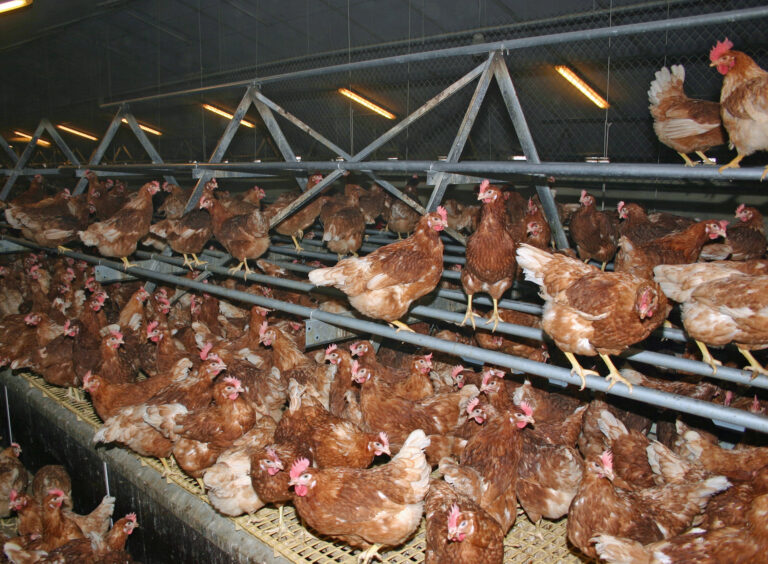Significant reductions in antibiotic use have been reported in the Veterinary Antimicrobial Resistance and Sales Surveillance (VARSS) report for 2017.
The Report, published by the Veterinary Medicines Directorate (VMD), showed sales of antibiotics for use in food-producing animals dropped by 18% between 2016 and 2017 to reach a low of 37 mg/kg.
Dawn Howard, chief executive of the National Office of Animal Health (NOAH) said: “The 2017 VARSS Report again shows significant reductions in antibiotic use in pigs, poultry and other food producing animals. UK vets and farmers are making every effort to prescribe and use antibiotics responsibly, which will help veterinary antibiotics to remain effective and available for use in the future.
“NOAH fully supports this: we must continue to ensure animal health and welfare are not compromised by working to promote measures to prevent disease, including encouraging uptake of vaccinations and other alternatives where they are available.”
NOAH has developed a three-step blueprint for animal health, which recognises that keeping animals healthy is our collective responsibility and aims to encourage the animal medicines industry, veterinary surgeons, farmers and pet owners to work together closely in order to:
- STOP disease getting into the animal
- EQUIP animals to fight disease if they do encounter it
- TREAT animals appropriately when sickness is unavoidable
These three steps encompass the full spectrum of animal health, from reducing the risk of exposure to infectious diseases, taking preventative healthcare measures and prescribing appropriate treatments, including antibiotics, in case of illness.
She added: “We also support farmers and their veterinary surgeons through our Animal Medicines Best Practice (AMBP) training for farmers on antibiotic use.
“Working together, we will help preserve the health and welfare of our farmed animals, whilst using antibiotics responsibly, to the benefit of us all,” she said.


